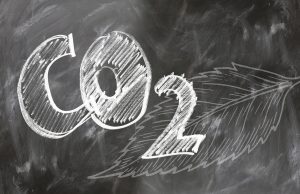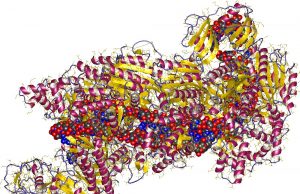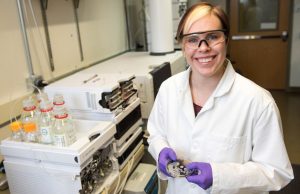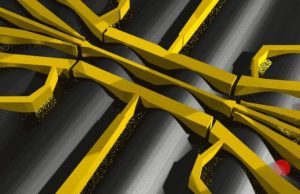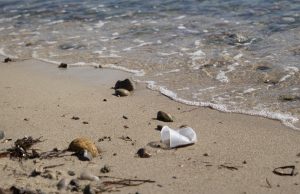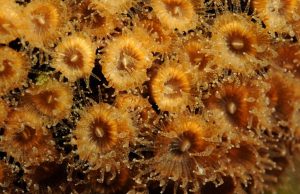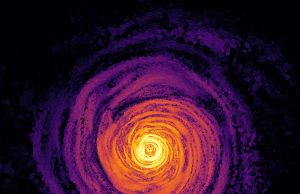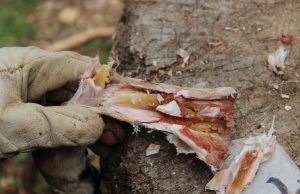Karina
CO2 emissions cause lost labor productivity, research shows
The planet's warming climate has led to countless changes that are affecting all of us. Droughts, hurricanes, rising sea levels and forest fires—all are...
The Milky Way kidnapped several tiny galaxies from its neighbor
Just like the moon orbits the Earth, and the Earth orbits the sun, galaxies orbit each other according to the predictions of cosmology.
For example,...
CRISPR enzyme programmed to kill viruses in human cells
Many of the world's most common or deadly human pathogens are RNA-based viruses—Ebola, Zika and flu, for example—and most have no FDA-approved treatments. A...
Nanoparticles may have bigger impact on the environment than previously thought
Over the last two decades, nanotechnology has improved many of the products we use every day from microelectronics to sunscreens. Nanoparticles (particles that are...
New approach for the simulation of quantum chemistry—modelling the molecular architecture
Searching for new substances and developing new techniques in the chemical industry: tasks that are often accelerated using computer simulations of molecules or reactions....
One in four of London’s green spaces breaches air quality safety...
More than one quarter of London's parks, playground, and open spaces exceed international safety limits for air quality.
The researchers warn this could potentially put...
Quantum state of single electrons controlled by ‘surfing’ on sound waves
Researchers have successfully used sound waves to control quantum information in a single electron, a significant step towards efficient, robust quantum computers made from...
Sunlight degrades polystyrene faster than expected
A study published by researchers at Woods Hole Oceanographic Institution (WHOI) shows that polystyrene, one of the world's most ubiquitous plastics, may degrade in...
Back from the dead: Some corals regrow after ‘fatal’ warming
For the first time ever, scientists have found corals that were thought to have been killed by heat stress have recovered, a glimmer of...
Researchers theorize origins of magnetars, the strongest magnets in the universe
How do some neutron stars become the strongest magnets in the universe? A German-British team of astrophysicists has found a possible answer to the...
Study finds prehistoric humans ate bone marrow like canned soup 400,000...
Tel Aviv University researchers, in collaboration with scholars from Spain, have uncovered evidence of the storage and delayed consumption of animal bone marrow at...


